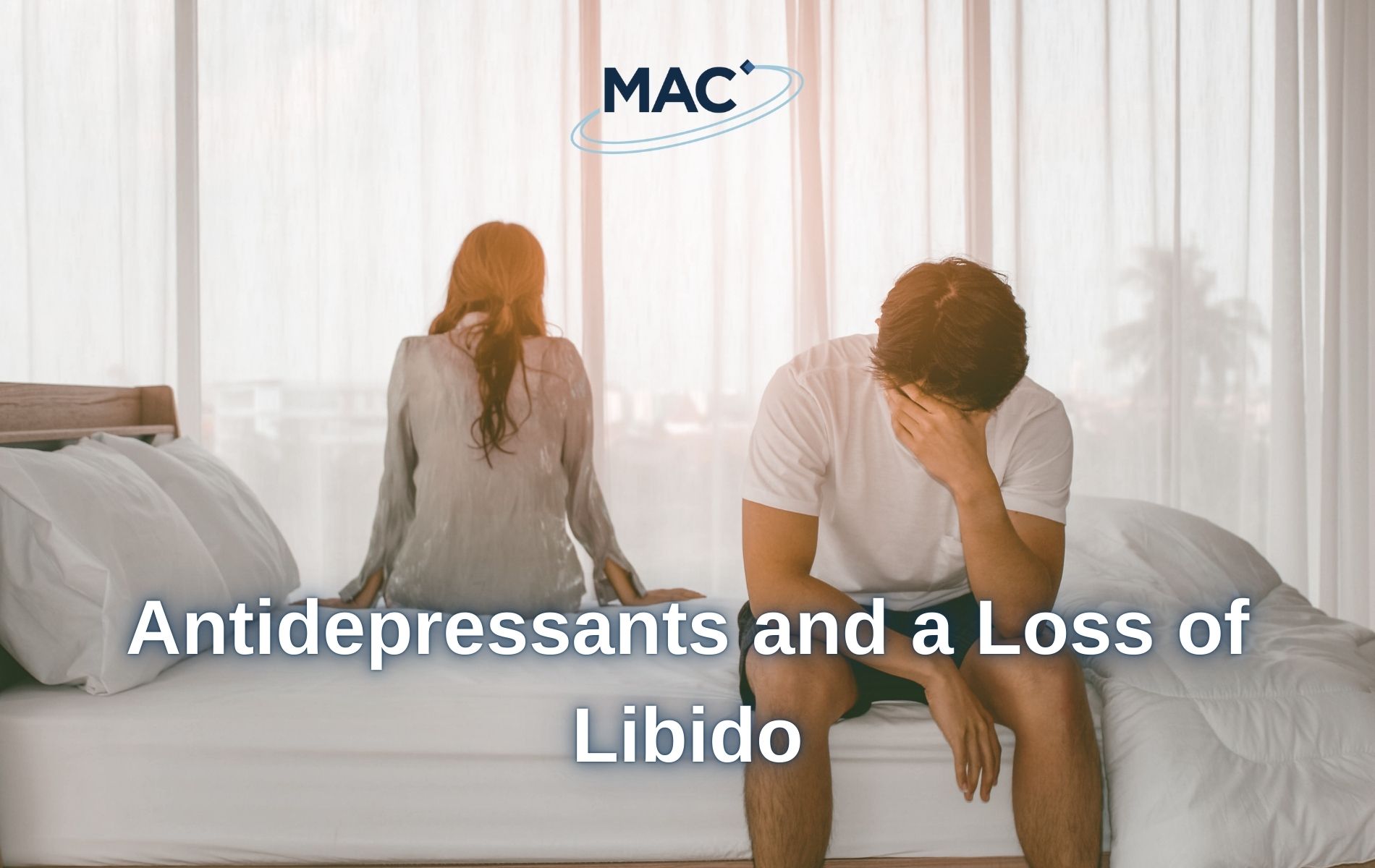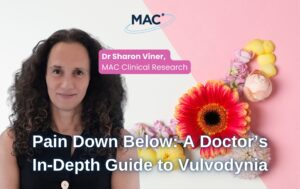Valentine’s Day is seen as a time for romance, passion, and intimacy. But for those living with post-SSRI sexual dysfunction (PSSD), it can be a painful reminder of what’s been lost.
PSSD is a condition that can persist even after stopping selective serotonin reuptake inhibitors (SSRIs), leaving people with numbness, anorgasmia (difficulty reaching orgasm despite arousal), and a deep disconnect from sexual desire. The loss of pleasure can feel like a cruel second act in an ongoing struggle and must not be underplayed.
Depression, Anhedonia, and the Disappearance of Desire
Depression itself is notorious for eroding libido. Feelings of sadness, fatigue, and low self-worth often strip away the energy and interest needed for intimacy. More than that, many experience anhedonia—the inability to feel pleasure—which extends beyond the bedroom to music, food, hobbies, and even relationships.
Anhedonia impacts around 70% of people living with depression2.
SSRIs, widely prescribed to combat these symptoms, work by increasing serotonin levels, which can help stabilise mood. But they also come with side effects, particularly when it comes to sexual function.
Most people are informed about temporary sexual side effects while taking SSRIs – erectile dysfunction, reduced lubrication and delayed orgasm. In fact, sexual dysfunction is reported in up to 70% of people taking antidepressants3.
What often isn’t always clear is that for some, these issues don’t go away after stopping the medication. PSSD can linger indefinitely, severing the connection between mind and body, turning pleasure into something distant and muted.
Valentine’s Day with PSSD
For those dealing with PSSD, Valentine’s Day can highlight feelings of isolation and frustration. The numbness and lack of drive associated with PSSD can strain relationships, causing confusion and heartache for both partners.
The person with PSSD may feel broken, unable to engage in physical affection in the way they once did, while their partner might feel unwanted or disconnected.
It’s not just those in relationships who face difficulties. Single people with PSSD may struggle with dating, unsure of how to navigate conversations about their condition or whether they will ever experience intimacy the way they once did. When society places so much emphasis on sexual chemistry as the foundation of romance, it can feel like being locked out of a fundamental human experience.
New Hopes for Treatment
PSSD isn’t widely acknowledged in the medical community, leaving many to navigate it alone.
MAC Clinical Research is currently conducting a clinical trial to test an investigational drug for depression with anhedonia.
To be eligible for this trial you need to be:
- Age 18 to 65
- Have been to your GP or health team with feelings of depression or low mood
- Feel numb or lack any joy or pleasure in the things you do
Other eligibility will apply.
You may receive up to £4445 for taking part in this clinical trial, plus reasonable travel expenses.
For more information on how you or someone you know can get involved, please register your interest via our Depression and Anhedonia webpage.
1 Annals of General Psychiatry – Estimating the risk of irreversible post-SSRI sexual dysfunction (PSSD) due to serotonergic antidepressants
2 Clinical Psychopharmacology and Neuroscience – Anhedonia and Depressive Disorders
3 Drug, Healthcare and Patient Safety – Antidepressant-associated sexual dysfunction: impact, effects, and treatment




